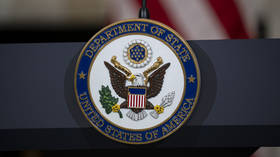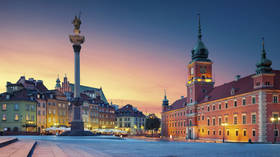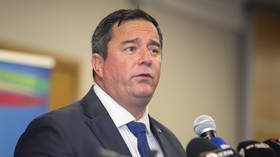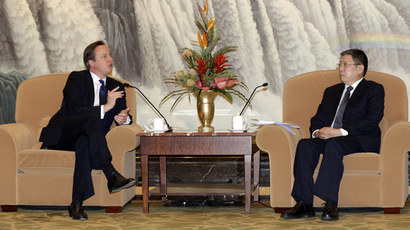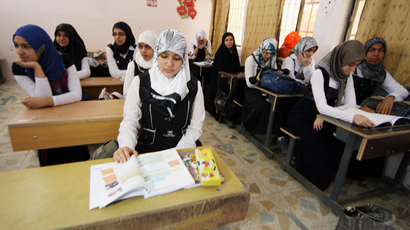Middle-class forced out of UK private schools as fees soar 300% since '90 - report
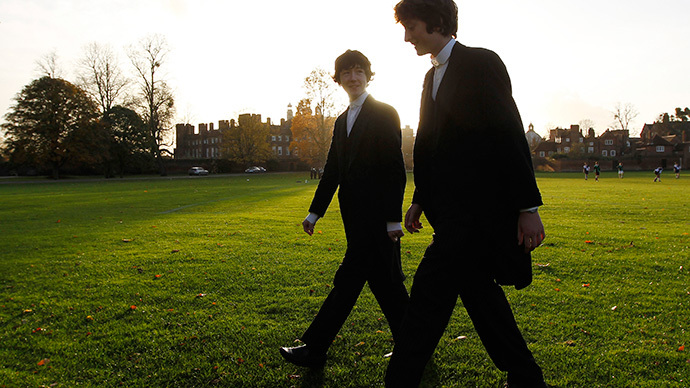
Private education, the former favorite of the British establishment, is becoming so expensive that it is now “increasingly unaffordable” to the UK professional classes, as school fees have risen by almost 300 percent in 20 years, a new report reveals.
A report by the stockbroker Killick and Co found that school fees for British private schools have outstripped wages by such a degree that they are fast becoming the preserve of the super-rich, many of them foreigners.
Parents, the report found, would have to pay £271,000 ($464,941) in fees for one child to attend a private day school from infancy to leaving at 18, which is significantly more than the average house price in Britain, although not in London.
When parents consider the option of boarding, the figure becomes even more unattainable at £435,000 ($746,307) for one child and almost £1million ($1,715,650) for two.
The Killick and Co study, which was carried out by the Center for Economics and Business research, looked at average earnings compared to school fees over the past 24 years, as well as expected rises in the coming 14 years.
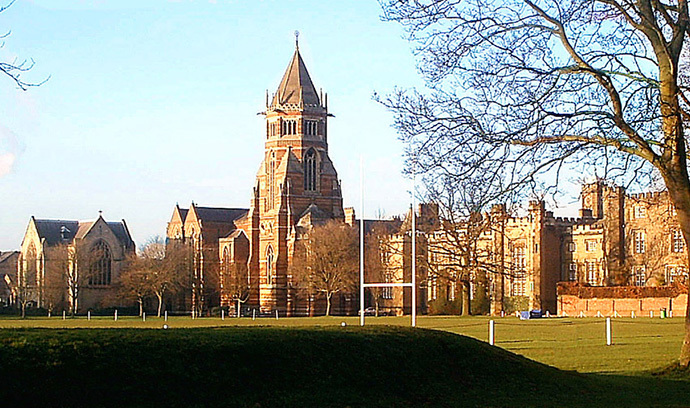
Fees for private day schools have increased from £2,985 ($5,121) to £12,700 ($21,788) while boarding fees have shot up from £6,800 ($11,666) to £28,800 ($49,410) since 1990.
Overall fees have increased by 300 percent while wages have gone up by just 76 percent.
The researchers looked at the incomes of various professions and how much of their salaries would have been spent on school fees in 1990 and 2014 for both boarding and day schools.
Day school fees would have taken up 19 percent of an average doctor’s salary in 1990, rising to 36 percent in 2014. For a plumber the figure was 39 percent and 47 percent respectively.
By 2027, the report predicts, school fees for one child will account for 50 percent of a doctor’s salary, while fees will be more than the total wage of any plumber or clergyman.
“Most people associate the professional classes with the main clientele of private school. We find that was perhaps true in 1990, when an average professional salary could cover the cost of private education. But professional salaries have not risen at the same rate that private school fees have since,” the study says.
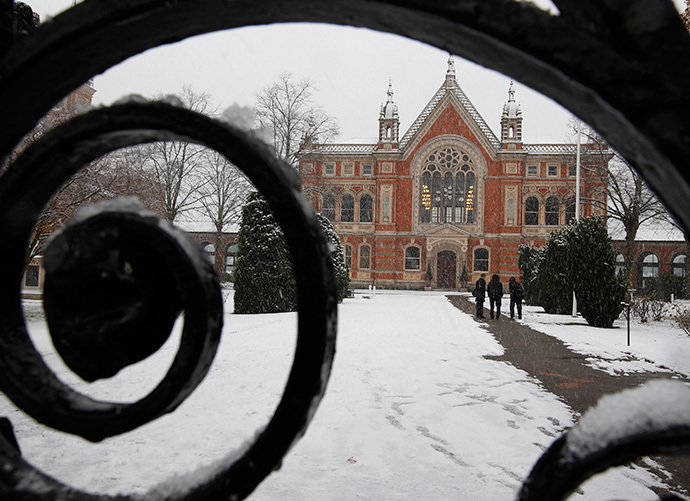
The Killick report comes after the Sutton Trust, a social mobility charity, called on the government to invest £215 million ($368,864,750) to enable private school to take in pupils from a broader range of backgrounds.
But the Independent Schools Council (ISC), which represents the UK’s private schools, defended their system saying that in recent years fee rises have slowed and that private schools across the country were spending a record amount on bursaries and scholarships to help parents.
“Schools remain affordable to a wide range of families via our incredibly strong bursary programs. Over a third of all pupils at ISC schools received help with their fees. The total value of bursaries at ISC schools has risen by 27 percent since 2010, well above the rate of any fee rises,” Barnaby Lenon, chairman of ISC, told the Sunday Telegraph.
The study also predicted that parents would increasingly consider a mix of education sending their children to both fee paying and state schools in the face of soaring fees.
But the study does not pay attention to the fact that only seven percent of UK children attend private schools, with the figure rising to 18 percent for children aged over 16, the vast majority are educated by the state regardless of their family’s wealth.




